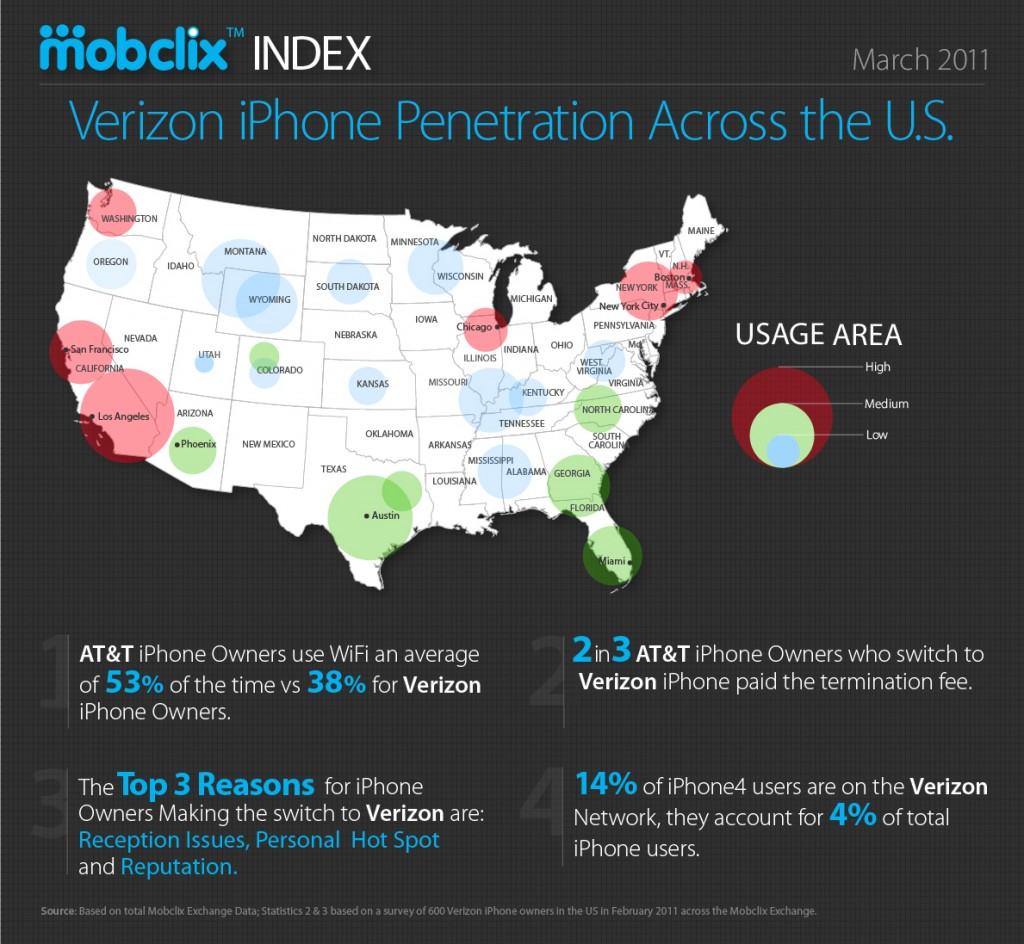 AT&T customers using modified phones to share their 3G wireless connection with other devices are complaining about the company’s warning that if they don’t cease tethering their phones, they will be automatically enrolled in the company’s premium $45 a month DataPro for Smartphone Tethering plan next week.
AT&T customers using modified phones to share their 3G wireless connection with other devices are complaining about the company’s warning that if they don’t cease tethering their phones, they will be automatically enrolled in the company’s premium $45 a month DataPro for Smartphone Tethering plan next week.
An attorney tells Stop the Cap! if the company does that, his firm will consider filing a class action lawsuit against the company for forcing customers into service plans they did not enroll in themselves.
This controversy comes to those who have been using “jailbroken” phones, modified to restore features blocked at the factory by North American cell phone carriers. Among the most coveted restored features is turning your phone into a mini Wi-Fi hotspot or allowing the phone to connect directly to other equipment, sharing your 3G connection with other devices, such as a laptop, iPad, or iPod. While many phones include this capability, most carriers in the United States and Canada disable it for those not enrolled in an extra cost add-on plan covering “tethering.” AT&T offers two such plans — $45 a month for 4GB of usage, or $25 a month for 2GB.
For several years, some AT&T customers have used tethering as a convenient way to bring connectivity to devices out of reach from Wi-Fi or a home broadband connection.
Jonathan in San Francisco shares with Stop the Cap! he is grandfathered in on an unlimited use data plan from around the time the first smartphones entered the marketplace.
“AT&T even sold me the tethering equipment at the same time they sold me the data plan, which they promised was unlimited,” Jonathan says. “I don’t buy their subsidized phones — I buy my own unlocked phones at full retail price every few years, and AT&T has allowed me to keep my plan the way it is.”
Until he received a notification message from AT&T claiming his account “may need updating.”
AT&T says customers tethering their phones must pay for both a data plan -and- a tethering plan if they want to use the feature, a condition not part of Jonathan’s plan.
“My plan with AT&T says nothing about an extra tethering plan; it says I have unlimited data — something I do not abuse,” Jonathan says.
He is particularly upset that if he uses his phone as he always has, AT&T will slap a $45 additional monthly fee on his phone bill.
“Even worse, when I called AT&T to complain, they told me my plan is so old, they would automatically ‘upgrade’ my service plan to one that costs more and delivers less, effective Monday,” he tells us.
It turns out some customers on legacy plans cannot easily add the tethering option without abandoning the plans they have carefully held onto for years.
“The lady I spoke with said their computer billing system cannot add the feature to my account because it is so old,” he said.
Janie, one of our readers in Seattle, noticed AT&T “‘graciously’ wants to auto-enroll you in their most expensive tethering plan, not the cheaper $25 one.”
“My cousin is lucky enough to still have their $30 a month plan which provided 5GB a month, but they discontinued it for new customers so they could raise prices,” Janie writes.
Janie is upset because it was an AT&T reseller that charged her $30 extra to enable the feature AT&T now wants her to pay even more to use.
 “I have no idea what ‘jailbreaking’ is, or that I was doing anything wrong — I bought the phone from an AT&T authorized retailer and had no idea there was even a problem until I called and they lectured me about ‘stealing’ service,” Janie says. “The company disgusts me and I have never been accused by anyone of stealing, so I am canceling with them when my contract is up.”
“I have no idea what ‘jailbreaking’ is, or that I was doing anything wrong — I bought the phone from an AT&T authorized retailer and had no idea there was even a problem until I called and they lectured me about ‘stealing’ service,” Janie says. “The company disgusts me and I have never been accused by anyone of stealing, so I am canceling with them when my contract is up.”
Janie is not the only customer to have had her phone modified by someone representing the company.
We found another customer who paid an employee at an official AT&T store to modify his phone. The employee told him if he keeps monthly usage under 10GB per month, no red flags would be raised, a statement that some might consider a red flag itself.
Just how AT&T tracks down its tethering customer-underground remains a mystery, but some have speculated usage may have been the major contributing factor. Not everyone who quietly tethers their AT&T phone has gotten the notification message, while many of those using tethered phones as their only Internet connection have.
“If you are using your tethered AT&T phone on a laptop and running up 25GB of usage, AT&T will notice if they look,” an employee tells us privately. “AT&T can run an audit on data usage and discover considerable amounts of money being left on the table by customers not enrolled in the appropriate plan.”
One lawyer that has targeted AT&T in the past said his firm is carefully watching to see if AT&T follows through on its auto-enrollment threat.
“We’ve found judges and government officials take a very dim view on automatically enrolling customers in anything that costs money without their direct, informed consent,” the attorney who is not authorized to speak publicly on behalf of his firm tells us. “We are obviously taking a close look at this.”
AT&T’s e-mail notification text is below the jump.
… Continue Reading


 Subscribe
Subscribe







